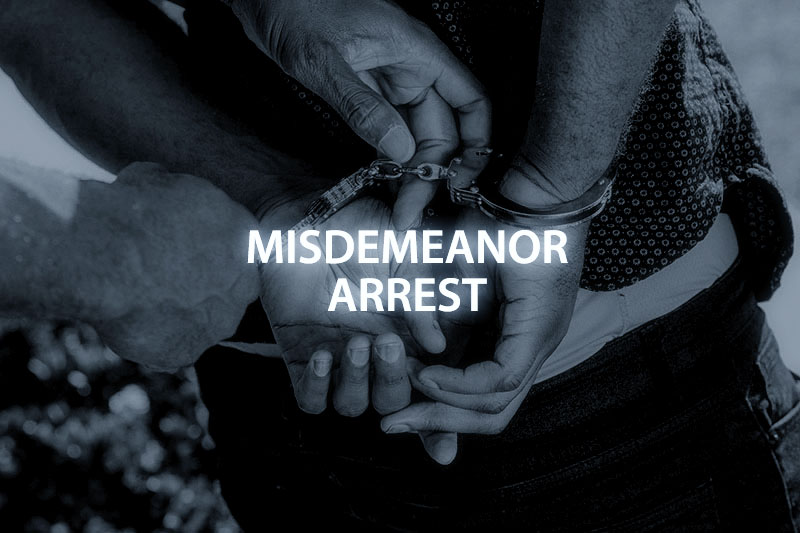In the realm of criminal law, evidence acts as the bedrock upon which cases are built and adjudicated, irrespective of the crime’s severity. In California, where misdemeanor charges range from petty theft to DUI and assault, the collection, preservation, and presentation of evidence can significantly tilt the scales of justice. Understanding the pivotal role of evidence in misdemeanor cases sheds light on the importance of meticulous legal strategies and why a robust defense can often mean the difference between acquittal and conviction.
The Foundation of a Strong Defense
Collection and Preservation
The initial phase in building a strong misdemeanor defense lies in the collection and preservation of evidence. This includes tangible items, videos, photographs, witness statements, and official documents such as police reports and medical records. Quick action is crucial; evidence can degrade, be lost, or be destroyed over time. The preservation of evidence, therefore, is not merely a procedural step but a critical defensive maneuver. For defense attorneys, securing and preserving evidence early can enable a comprehensive examination of the facts, identification of inconsistencies in the prosecution’s case, and the formulation of a compelling counter-narrative.
The Impact of Quality Evidence
The quality of evidence cannot be overstated in misdemeanor cases. High-quality evidence that is clear, directly relevant to the charges, and legally obtained has the power to corroborate the defense’s version of events or cast doubt on the prosecution’s assertions. For example, in a DUI case, improperly calibrated breathalyzer results or a video that contradicts an officer’s account might absolve the defendant. Similarly, in a case of alleged petty theft, surveillance footage showing the accused’s lack of intent or mistaken identity can be exonerating.
Leveraging Evidence in Defense Strategies
Legal representation skilled in analyzing evidence can leverage it to the defendant’s advantage, employing various strategies depending on the case’s specifics. This could involve demonstrating the accused’s innocence, mitigating the charges by showing lesser culpability, or highlighting procedural errors (e.g., in the chain of custody of evidence) that could lead to the exclusion of certain pieces of evidence. The effective use of evidence can also strengthen plea negotiations, making it possible to secure a more favorable outcome for the defendant.
Beyond the Courtroom: The Psychological Aspect
The role of evidence extends beyond its legal utility; it carries a significant psychological weight. In plea negotiations and trials, the presence of strong evidence supporting the defense can influence the prosecution’s willingness to reduce charges or even dismiss cases. For the accused, solid evidence offers not just a beacon of hope but solid ground for building resilience through stressful legal proceedings.
Preserving Evidence: Challenges and Solutions
The preservation of evidence presents its own set of challenges, from the technical (ensuring digital data’s integrity) to the legal (adhering to strict evidentiary rules). Defense attorneys often work with forensic experts to preserve and interpret complex evidence like electronic data or DNA. Additionally, they must navigate the legal maze to ensure that evidence is admissible in court, challenging any that violates constitutional rights or was obtained improperly.
Contact Attorney Caryn Warren for Help!
In misdemeanor cases in California, as in all legal matters, evidence acts as the cornerstone of justice. Its proper collection, preservation, and utilization can profoundly impact the outcome, often being the decisive factor between conviction and acquittal. For defendants facing misdemeanor charges, securing legal representation that understands the nuances of evidence is paramount. The right attorney not only crafts a defense equipped with facts and law but ensures that every piece of evidence tells part of a larger story aimed at securing justice for their client.
Personal Injury & Criminal Defense Services Available Throughout
Greater Sacramento, Yolo, Placer, and Solano Counties
Antelope, Arden-Arcade, Auburn, Benicia, Carmichael, Citrus Heights, Davis, Dixon, Elk Grove, Fairfield, Fair Oaks, Folsom, Galt, Gold River, Granite Bay, Iselton, Lincoln, Loomis, North Highlands, Orangevale, Rancho Cordova, Rio Linda, Rio Vista, Roseville, Rocklin, Sacramento, Suisun City, Vacaville, Vallejo, West Sacramento, Winters, Woodland

